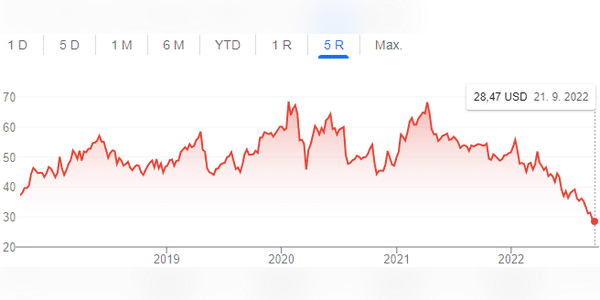Share prices have experienced a significant drop this year, but for investors this is an advantage. There are many solid dividend stocks in the market that are now looking more attractive as their prices fall and yields rise. Here are 5 high-quality companies with dividend yields above 5% that can significantly strengthen a passive income-oriented portfolio.

Intel
Shares of semiconductor giant Intel $INTC have been under tremendous pressure this year. Investors are worried about the company's ability to fund its ambitious plan to expand its manufacturing capacity, and some even fear it will have to cut its payout to fund its strategy. This has knocked its share price by more than 40% and pushed its dividend yield over 5%.

Intel took a big step to address these concerns by securing Brookfield Infrastructure as a funding partner for two plants. Brookfield and its partners are investing…
how am I good at trading, stocks, choosing a classy broker
Please help me